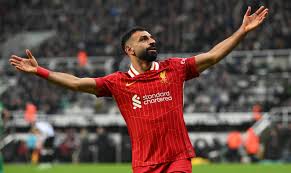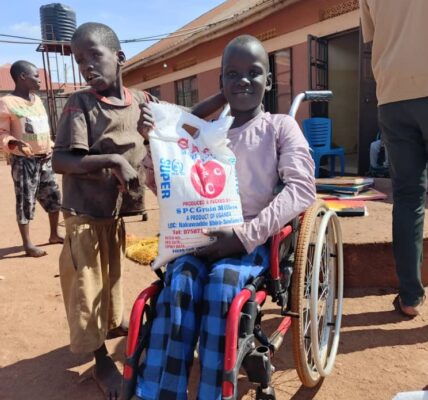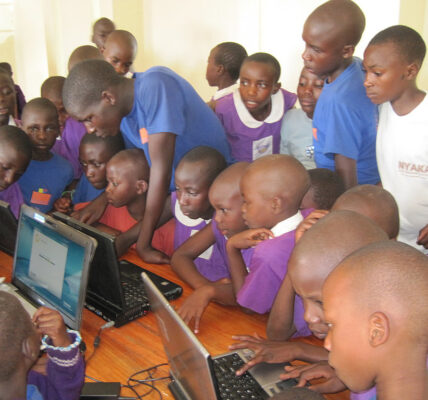Illinois has become the latest flashpoint in America’s growing political divide after President Donald Trump ordered 200 National Guard troops to be deployed across Chicago.
Drone footage showed soldiers arriving at the Elwood U.S. Army Reserve Center, just outside the city. The move follows Trump’s accusation that Illinois officials have failed to curb violent crime — claims that local leaders strongly dispute.
The president also called for the arrest of Illinois Governor J.B. Pritzker and Chicago Mayor Brandon Johnson, accusing them of allowing lawlessness to spread. However, local authorities insist that crime rates have declined in recent months, and that most protests over immigration policies have remained peaceful.
When questioned at the White House, Trump refused to confirm whether he plans to invoke the Insurrection Act of 1807, which allows the president to deploy federal troops to enforce law and order within U.S. states.
If enacted, it would mark one of the most dramatic federal interventions in decades — further straining relations between Washington and state governments.
Analysts warn that the standoff reflects a deeper struggle over state sovereignty and federal power, echoing divisions not seen since the American Civil War. For many, the deployment in Chicago is more than a security measure — it’s a defining test for the future of American democracy.






